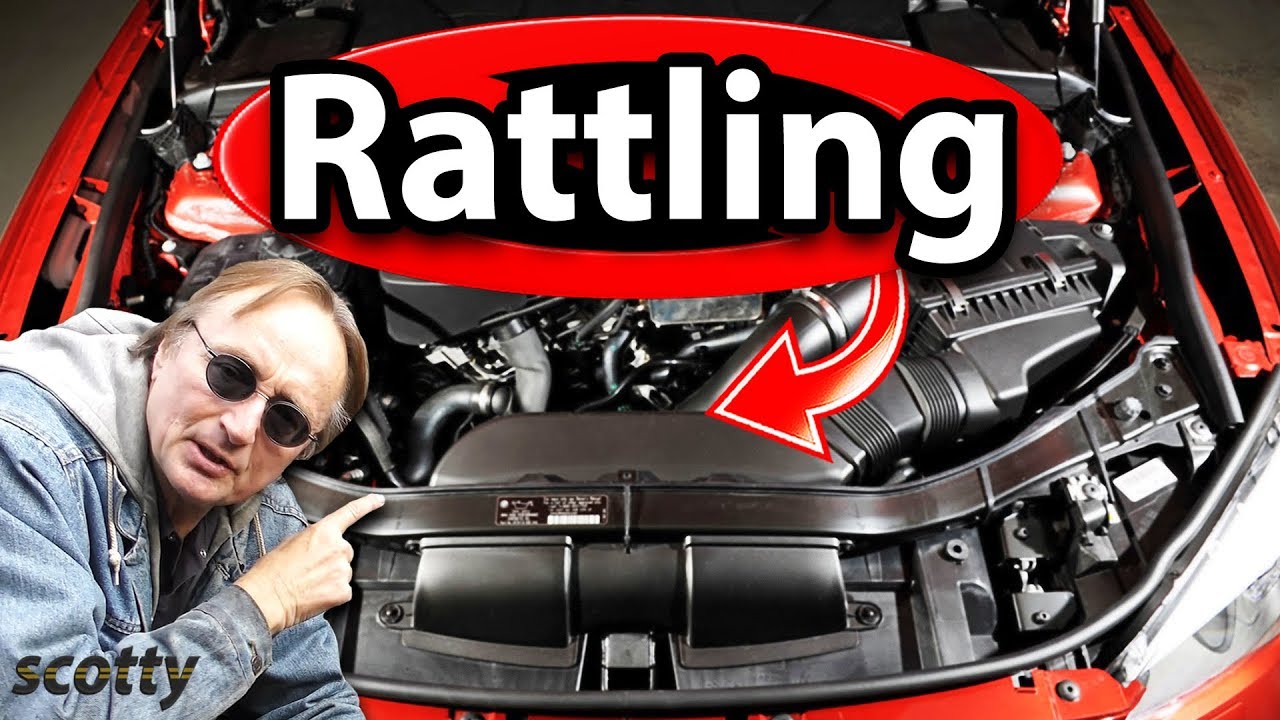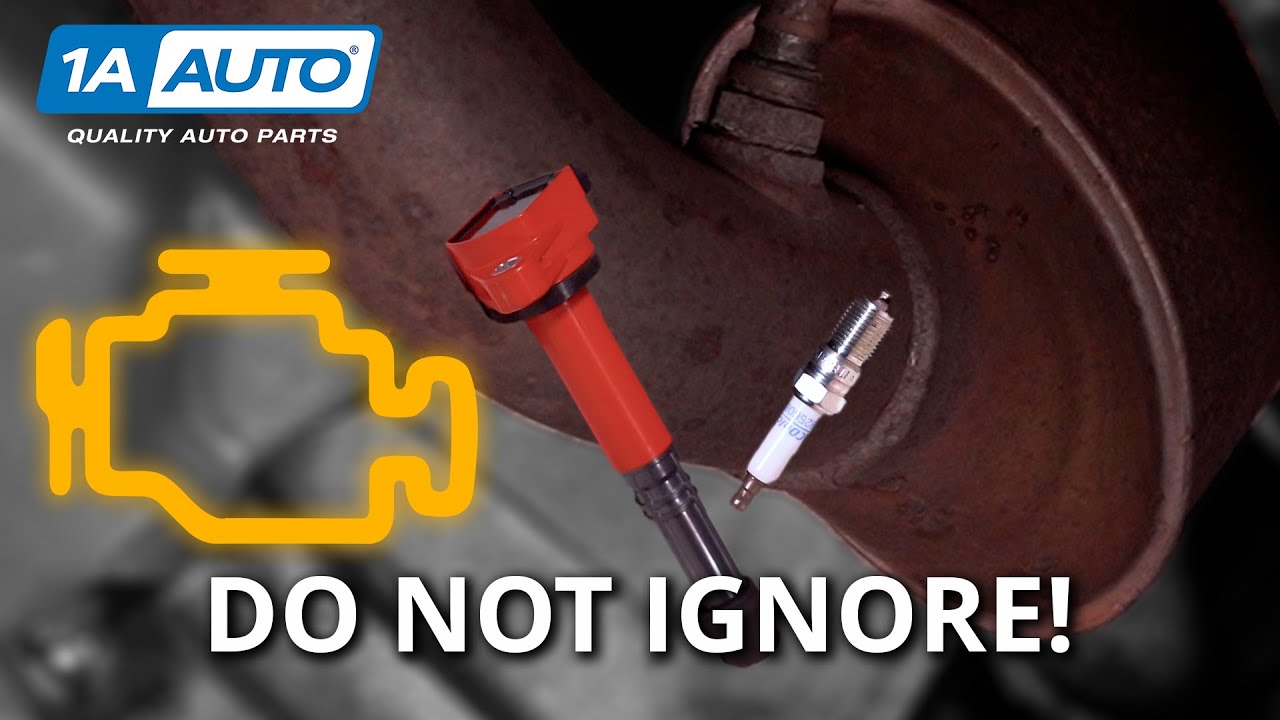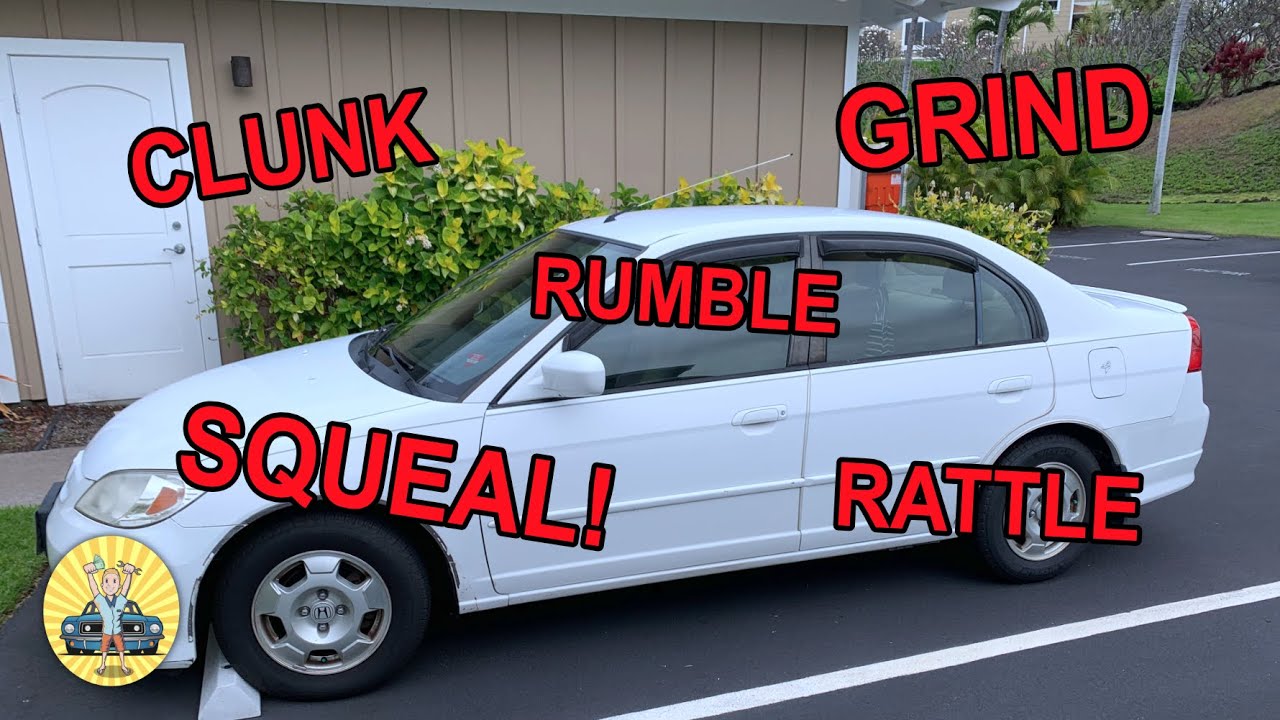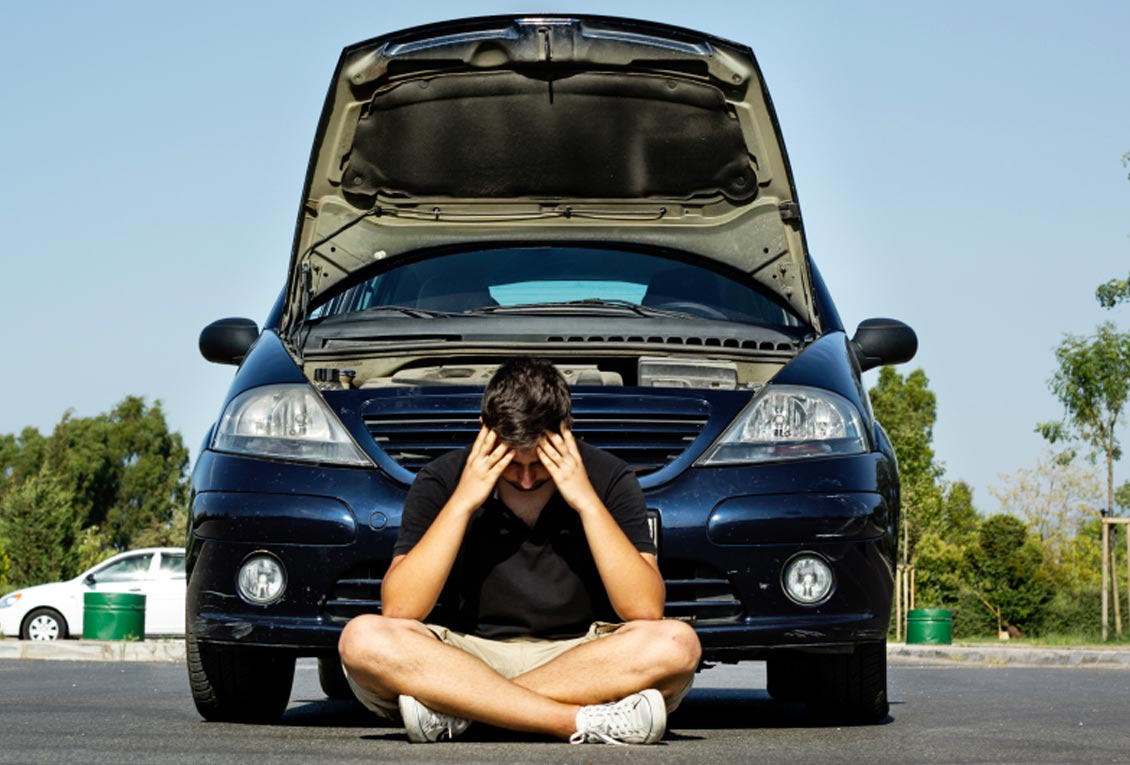That unnerving rattle from your car’s engine at startup can turn any smooth drive into a bumpy road of worries. It’s not just a pesky noise; it could be the herald of underlying engine issues needing your immediate attention. From worn-out parts to lubrication troubles, let’s explore the common causes of engine rattles and how you can restore the peace under your hood.
8 Causes Why Engines Rattle On Startup Then Goes Away
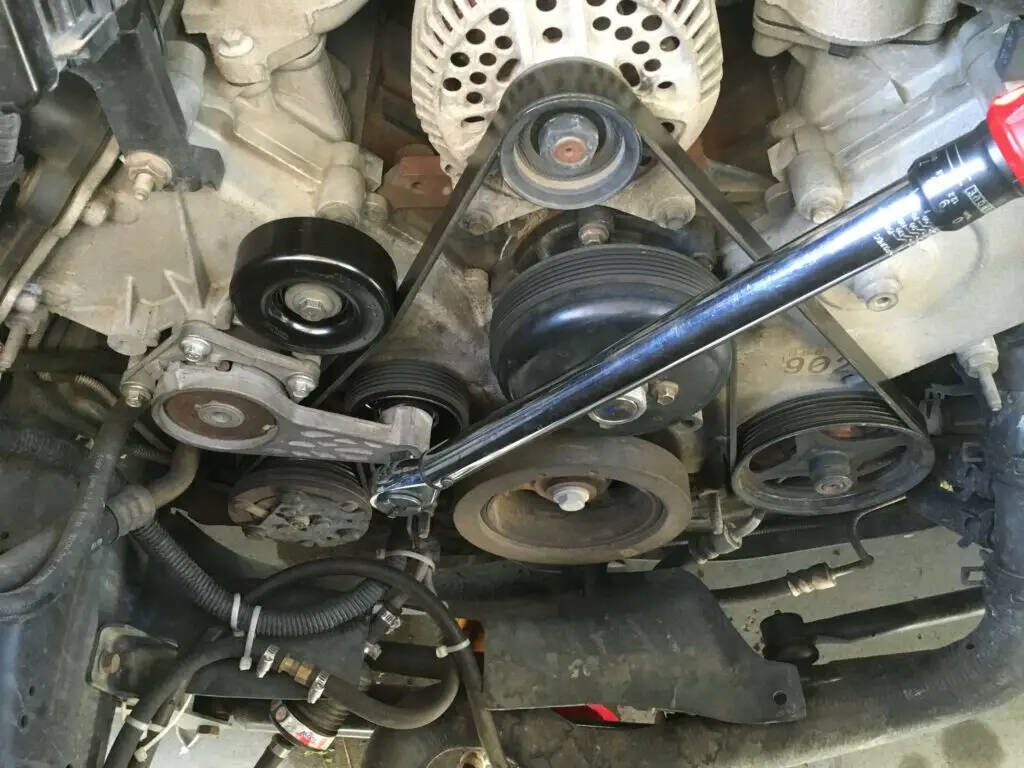
When starting a car engine, it is normal to hear some noise due to the movement of various mechanical components. However, if the engine produces an unusual rattling sound during a cold startup, it could be a cause for concern. Here are the possible reasons for the unusual noise:
Piston Slap
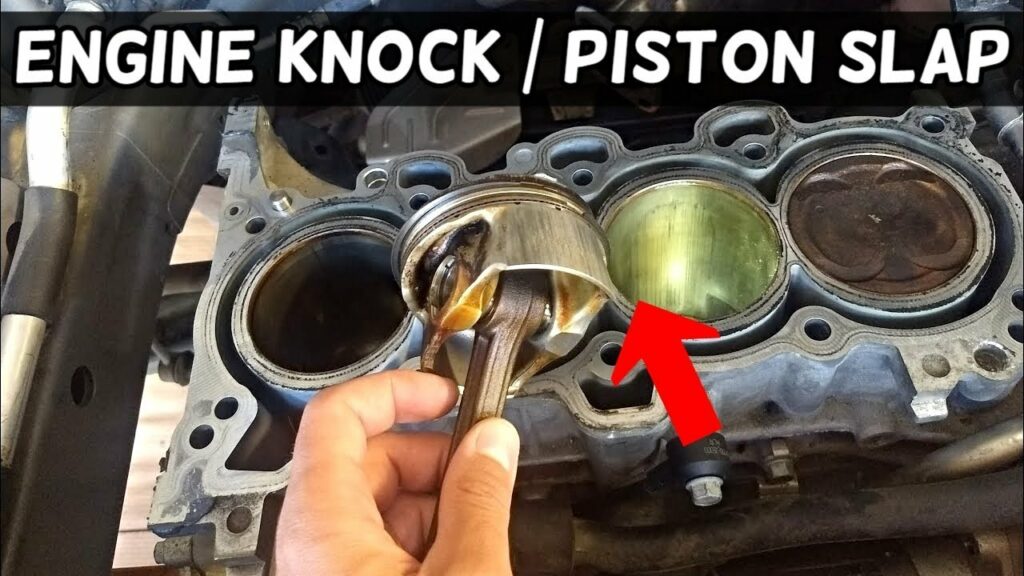
A piston slap occurs when there is excessive clearance between the piston and the cylinder walls. This clearance allows the piston to move and knock against the cylinder wall. This noise is most noticeable during cold start-ups because the oil is thicker, and the clearances are greater.
Loose piston rings can also cause piston slaps. As the engine ages, the rings can wear out and allow more movement between the piston and the cylinder wall. The knocking noise usually disappears once the engine warms up because the oil thins out and the clearances decrease. Over time, piston slaps can cause excessive wear and damage to the engine.
Carbon Buildup
Carbon buildup is a common cause of engine knocking, especially on startup. When fuel and oil don’t burn completely, carbon deposits form on the pistons and cylinder walls. These deposits can become so thick that they cause a knocking noise when the engine starts.
Low oil levels can also contribute to carbon buildup because there is less oil to lubricate the engine and help prevent carbon deposits from forming. Carbon buildup can cause damage to the engine over time, such as decreased power and increased emissions.
Worn Engine Parts
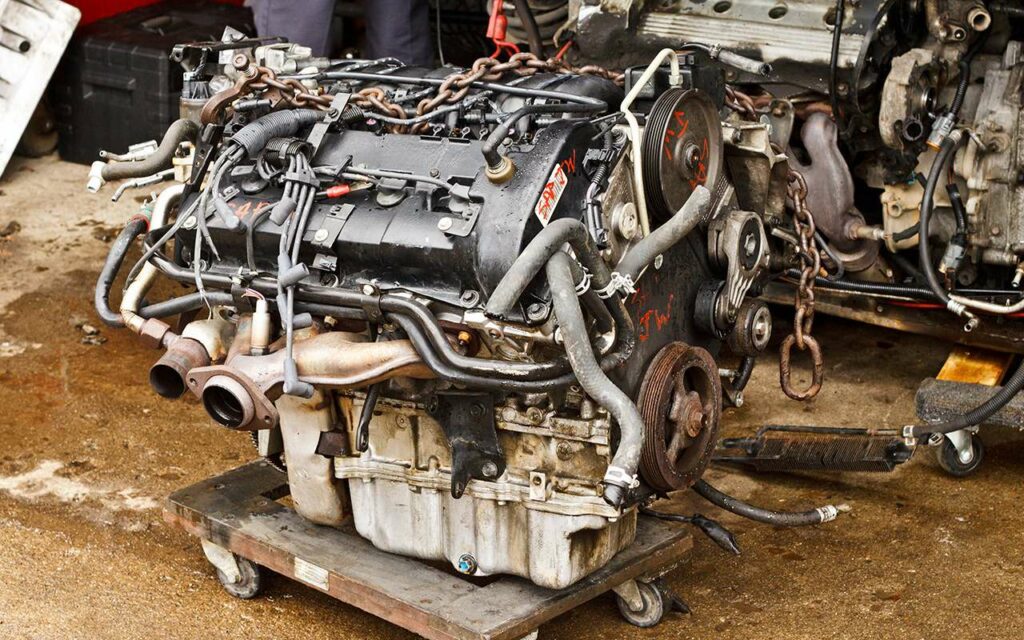
Worn engine parts can cause knocking noises on startup and during acceleration. Worn engine bearings and rings can allow metal particles to enter the engine oil, forming sludge in the engine. This sludge can cause blockages in the oil passages, leading to poor oil flow and increased engine wear.
The knocking noise usually disappears once the engine warms up because the oil thins out and the clearances decrease. If the problem is not addressed, it can cause severe engine damage.
Fuel-Burning Restriction
A fuel-burning restriction is when there is a buildup of carbon deposits in the combustion chamber, causing reduced engine efficiency and knocking noises. This can be caused by low-quality fuel, short trips, or other driving habits that don’t allow the engine to reach its optimal operating temperature.
This buildup can also cause misfires, leading to catalytic converter failure and increased emissions. A high-quality fuel injector cleaner can help remove the carbon buildup and prevent future engine damage.
Non-Lubricant Cylinder
The upper part of the cylinder head needs to be properly lubricated to prevent metal-to-metal contact and knocking noises. This is typically caused by loose lifters or valves that are not receiving the correct amount of oil they need. The knocking noise usually disappears once the engine warms up because the oil thins out and the clearances decrease. If the problem is not addressed, it can cause serious engine damage.
Wrong Spark Plugs
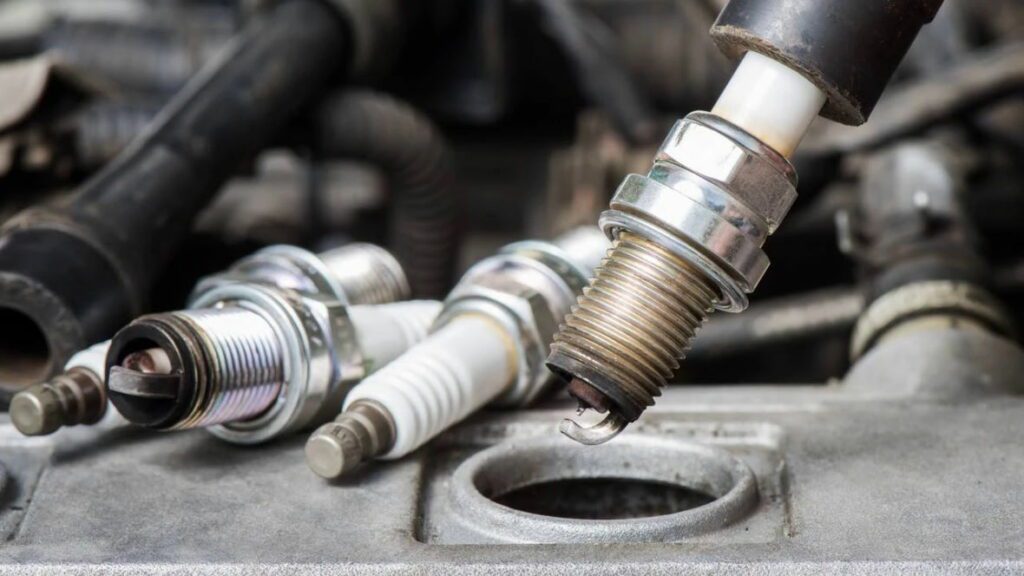
Using the wrong spark plugs can cause popping noises in the engine. Spark plugs have specific heat ranges and varying degrees of resistance to the higher temperatures drawn from the combustion chamber. The spark plug can overheat and fail if the heat range is too high.
On the other hand, if the heat range is too low, the spark plug can become fouled and misfire, causing a knocking noise. The spark plug gap must also be adjusted correctly for efficient combustion.
Low-Quality Fuel
Low-quality fuel can contain impurities that can cause engine knocking. These impurities can include water, sulfur, and other contaminants. Using high-quality fuel can prevent this problem by providing clean and efficient fuel to the engine. High-quality fuel can also help prevent carbon buildup, which can cause knocking noises and other engine problems.
Timing Chain Tensioner
The timing chain tensioner keeps the timing chain taut, which is crucial for the engine’s proper operation. A faulty tensioner can cause the timing chain to become loose and make rattling noises. This noise is usually most noticeable during startup and can get worse over.
How to Fix Engine Knock On Startup that Goes Away?

Here are five detailed solutions to Fix Engine Knock On Startup That Goes Away:
Warm-Up Engine
It’s essential to warm up your engine before driving, especially during the colder months. When the engine is cold, the oil is thicker, and it takes longer to circulate through the engine, leading to knocking noises. Warming up your engine allows the oil to circulate and lubricate the moving parts, reducing the risk of the engine knocking. Aim to warm up your engine for at least 5 minutes before driving or until the engine temperature gauge moves off the cold mark.
Check the Fuel Filter
The fuel filter plays a crucial role in preventing dirt and debris from entering the engine, which can cause damage and lead to knocking noises. If the fuel filter is dirty, it can restrict fuel flow to the engine, causing a lean fuel-air mixture and detonation, which can cause knocking. Check the fuel filter regularly, and replace it every 30,000 miles or as your car’s manufacturer recommends.
Use Compatible Spark Plugs
Spark plugs are essential to properly functioning your engine, and using the wrong spark plugs can cause knocking. The wrong spark plugs can cause incomplete combustion, leading to detonation and knocking. Always use the spark plugs your car’s manufacturer recommended, and replace them every 30,000 miles or as recommended.
Use the Right Quality Engine Oil
Using the right quality engine oil is essential to prevent knocking. Low-quality engine oil can break down quickly, leaving the engine’s moving parts poorly lubricated, which can cause knocking. Use engine oil that meets the specifications recommended by your car’s manufacturer, and change the oil regularly.
Address Any Engine Problems Promptly
If you notice knocking noises from your engine, addressing the problem promptly is essential. Ignoring the problem can lead to severe engine damage, which can be expensive. If you’re uncomfortable diagnosing and repairing the problem, take your car to a trusted mechanic to diagnose the issue and make the necessary repairs. It’s better to be safe than sorry about the engine knocking.
FAQs
What is an engine rattle?
An engine rattle is a noise produced when metal parts knock together due to a lack of lubrication or other issues. It can sound like a rattling or tapping noise and indicate a severe problem with the engine.
What causes engine rattles?
Several potential causes of engine rattles include low oil pressure, worn-out bearings, damaged pistons or connecting rods, and loose or damaged timing belts. If you notice an engine rattle, it’s important to have your car inspected by a professional mechanic to determine the underlying cause.
Is it safe to drive with an engine rattle?
It’s not recommended to drive with an engine rattle, as it can be a sign of a serious issue that can cause further damage to the engine. Driving with an engine rattle can also be dangerous, as it can cause the engine to fail unexpectedly while driving.
Can an engine rattle be fixed?
The fix for an engine rattle depends on the underlying cause. In some cases, it may be as simple as adding oil to the engine, while more extensive repairs may be required in other cases. A mechanic can diagnose the cause of the rattle and recommend the appropriate repair.
How can engine rattles be prevented?
Regular engine maintenance, such as oil changes and inspections, can help prevent engine rattles. It’s also essential to address any issues with the engine as soon as they arise, as they can quickly escalate into more severe problems if left unaddressed. Additionally, avoiding aggressive driving and excessive idling can help reduce wear and tear on the engine.
Conclusion
In conclusion, engine rattling noise at startup is a common problem caused by several factors, such as engine wear, fuel quality, or spark plug issues. It is crucial to address the problem early, as regular engine knocking can signal severe engine damage.
To prevent engine knock or rattle noise, it is recommended to warm up the engine before driving, check the fuel filter quality, use compatible spark plugs, and use the right engine oil. Following these tips can reduce the risk of engine damage and ensure that your vehicle runs smoothly.

